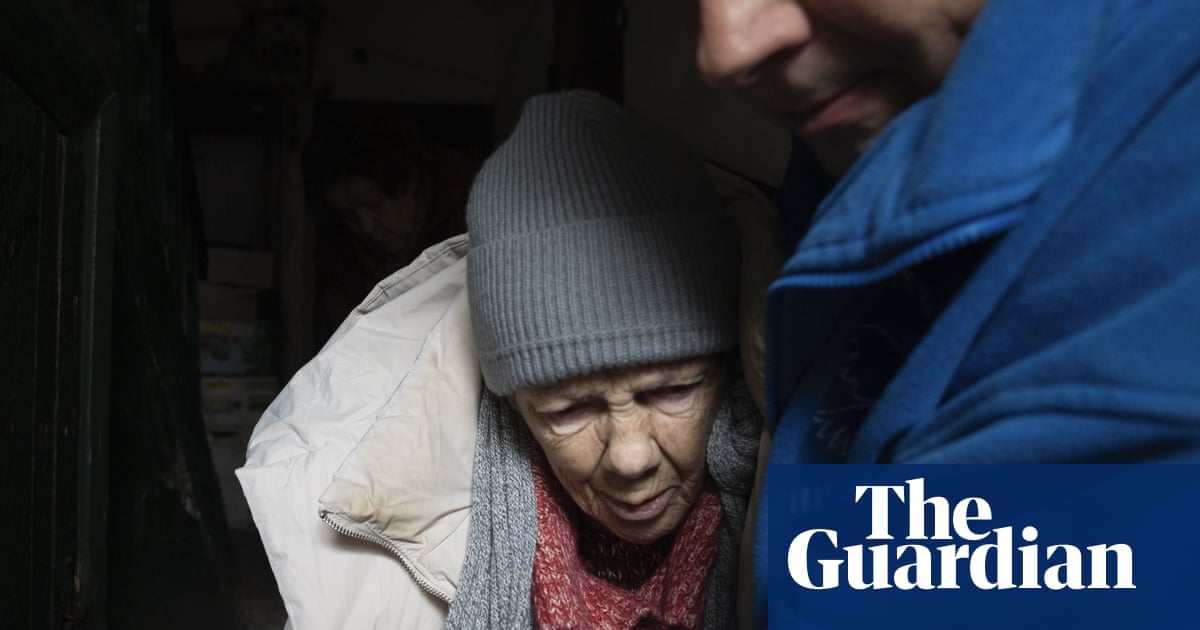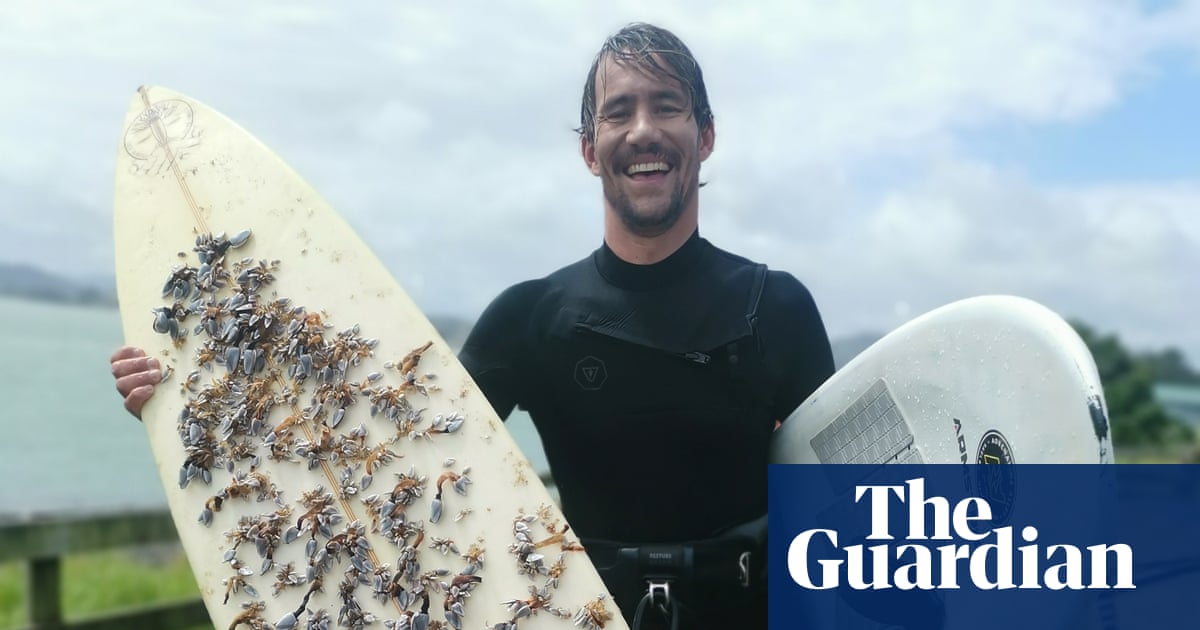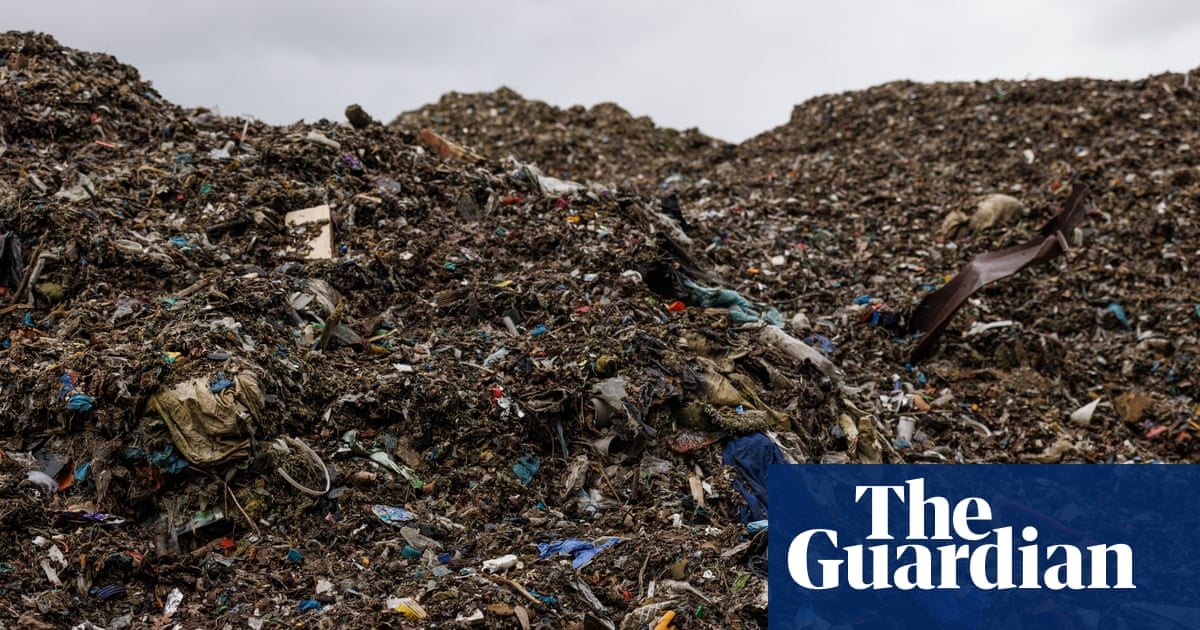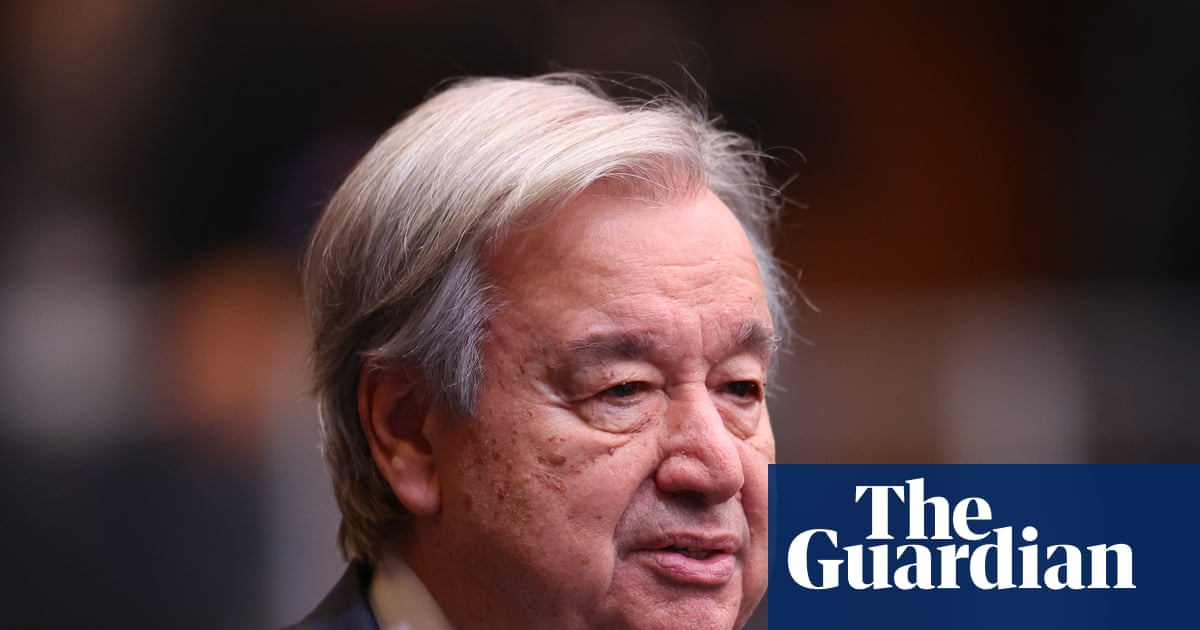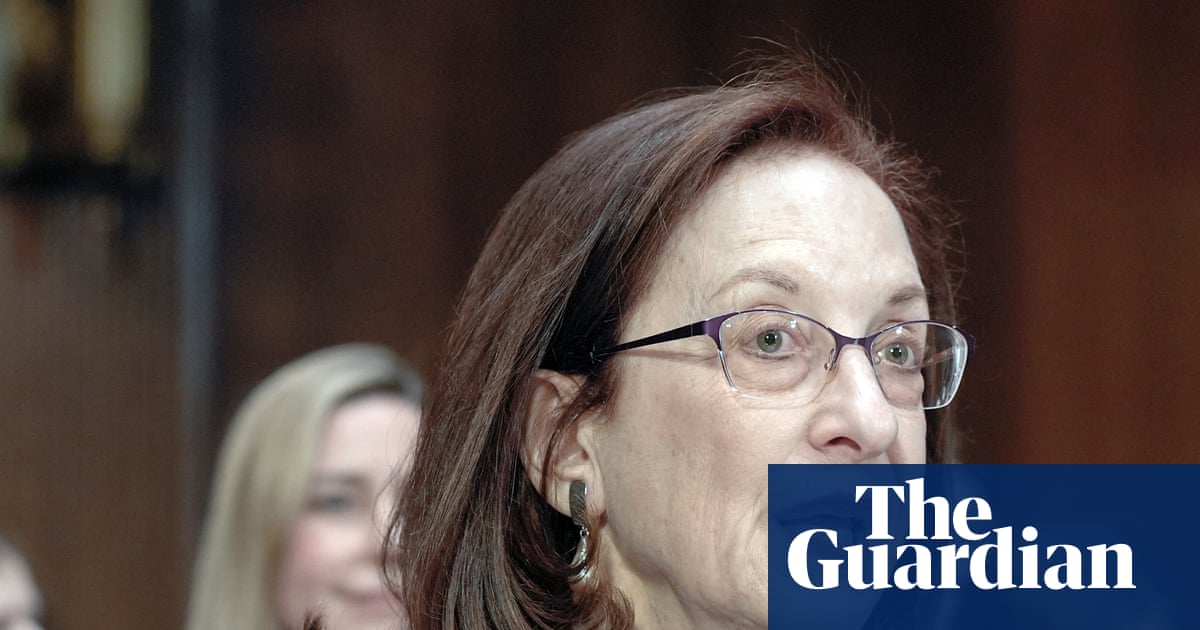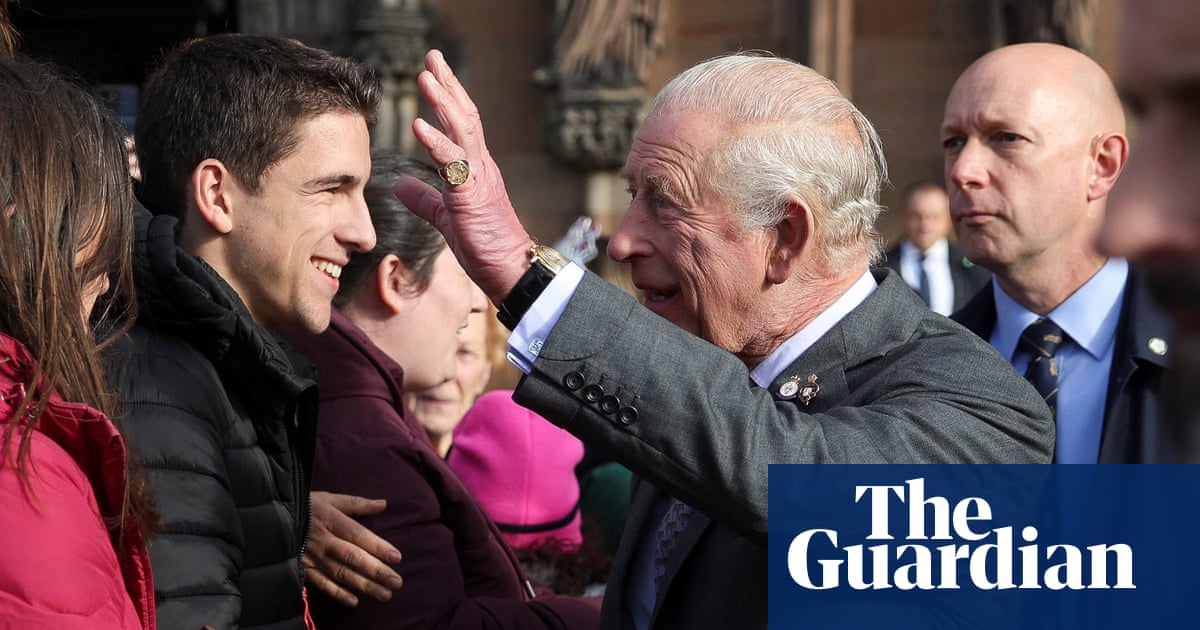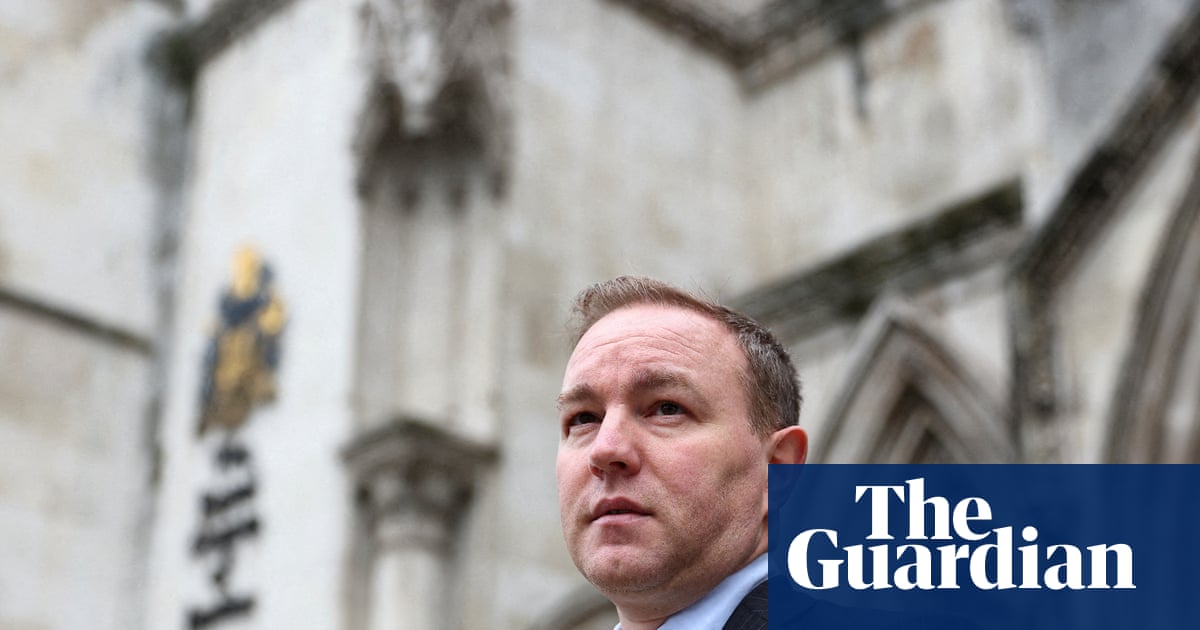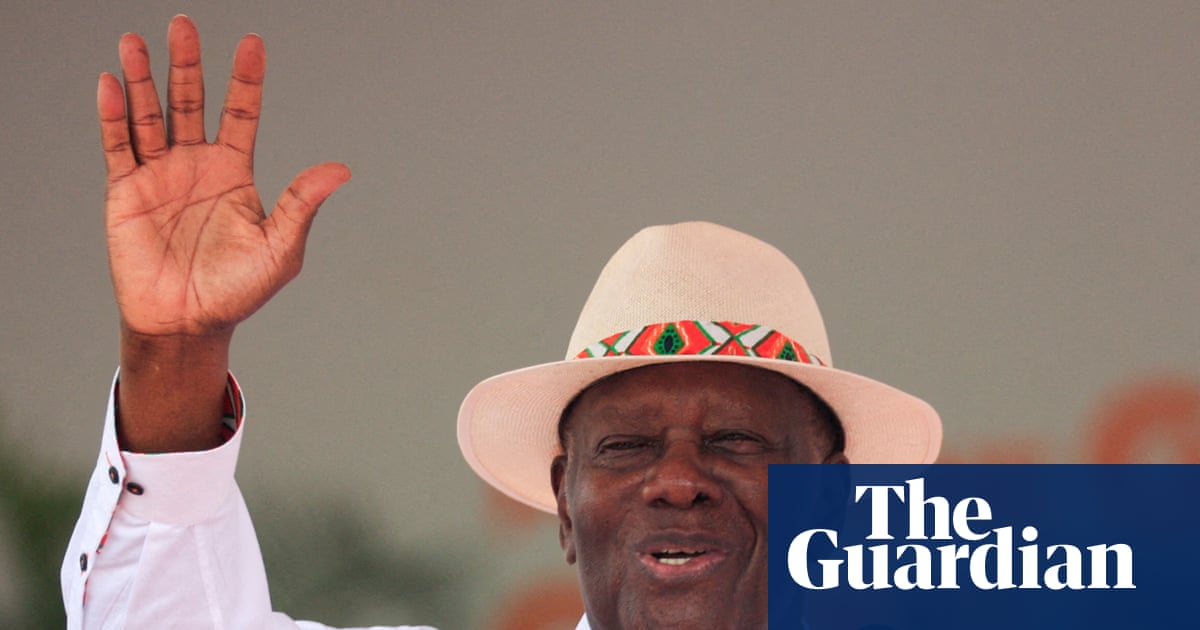A report on the behaviour of Gregg Wallace has substantiated 45 allegations made against the former BBC presenter, including claims of inappropriate sexual language and one incident of unwelcome physical contact.
A seven-month investigation into a series of allegations against the MasterChef presenter covered 83 allegations against him, with more than half substantiated by the investigation team.
Most of the substantiated allegations related to inappropriate sexual language and humour. However, an overview of the report said a “smaller number of allegations of other inappropriate language and being in a state of undress were also substantiated”.
The production company Banijay and the BBC said the number of sustained allegations made Wallace’s return to MasterChef untenable, despite his recent diagnosis of autism.
Wallace has already admitted using inappropriate language, but claimed to have been cleared of “the most serious and sensational accusations made against me”.
The BBC confirmed Wallace would not be returning to any of its programmes and admitted “opportunities were missed” to deal with his behaviour.
The report, overseen by the law firm Lewis Silkin, was ordered by MasterChef’s producers, Banijay, last year after BBC News said it had heard allegations of inappropriate sexual comments and inappropriate behaviour by 13 people who worked with Wallace across a 17-year period. At that point, he stood back from his MasterChef role.
The investigation heard evidence from 78 witnesses, including 41 complainants. All the report’s findings were linked to allegations made in connection to MasterChef. It found the “vast majority” of the 83 allegations it heard (94%) related to behaviour that was said to have occurred between 2005 and 2018.
The report summary revealed that 10 other standalone allegations were made against other people, two of which were substantiated – one relating to swearing and one to racist language. It found that 11 complaints or concerns had been raised about Wallace’s behaviour between 2005 and last year. Some were raised with Banijay, others with the BBC. The majority were dealt with informally.
“The production company undertook an investigation into an allegation in 2015 and understood the complainant was happy with the outcome,” the report said. “The BBC intervened in response to a complaint in 2017, following which Mr Wallace was warned of the need to change his behaviour. Mr Wallace took steps to heed that warning.”
Karen Baxter, a partner and head of investigations at Lewis Silkin, said Wallace had been “cooperative and forthcoming”. He was interviewed three times over more than 14 hours. The report’s findings were made based on the civil standard of proof – on the balance of probabilities – rather than the legal threshold, beyond all reasonable doubt.
It said Wallace’s neurodiversity diagnosis was considered “highly relevant in the context of the findings made, particularly regarding his use of humour as a ‘masking’ technique and his difficulty in reading social cues. Mr Wallace accepts that his diagnosis may help to explain some of his actions, but he does not wish to hide behind it.”
“Mr Wallace was consistently described as energetic, humorous, and generally able to put contestants at ease, which contributed to the show’s success,” it found. “However, these interactions and some comments made within earshot of contestants or colleagues sometimes resulted in offence and/or left people feeling uncomfortable.
“Sometimes other people who were present laughed along. Occasionally these comments were called out in the moment by people who heard them, but very often they were not.”
The investigations team found a “substantially improved welfare system” was now in place, “with steps taken proactively both during production and post-production so that issues can be identified and addressed”. It said issues raised with Banijay were not always raised clearly and directly with Wallace, “to the extent that he remained unaware of some, (although not all), of these concerns until the allegation arose in the press”.
It added that one allegation addressed more formally within the BBC was not fully communicated within the corporation. “As a result, the … complaint was addressed as a ‘first offence’, albeit that prompt action was taken,” it said. “At the time, the BBC made clear to Mr Wallace that this was a significant issue and that there was an expectation that his behaviour needed to be modified.”
Banijay said: “In light of these findings, Banijay UK and the BBC have agreed Mr Wallace’s return to MasterChef is untenable. The BBC has informed Mr Wallace we have no plans to work with him in future. The investigation details a substantial number of allegations of inappropriate conduct spanning 19 years. This behaviour falls below the values of the BBC and the expectations we have for anyone who works with or for us.
“Although the full extent of these issues were not known at the relevant time, opportunities were missed to address this behaviour – both by the production companies running MasterChef and the BBC. We accept more could and should have been done sooner.”
With Wallace dropped by the BBC, its director general, Tim Davie, now has to decide whether or not to show the new series of MasterChef, most of which was recorded before the presenter stood aside from the role. He was only replaced in time for the finale. The BBC said it had not taken a final decision on what to do with the series.
Banijay and the BBC hope the publication of the report’s executive summary will finally draw a line under the issue. However, Wallace has said he will “not go quietly” and has already questioned why the entire 200-page investigation has not been published.
In remarks that pre-empted the report’s publication last week, he criticised the fact the full report “will never be seen”. He claimed that “others who have been found guilty of serious allegations have been erased from the published version of events”. However, he did not name anyone.
Wallace said he had now been diagnosed with autism. He said while his neurodiversity was discussed across “countless seasons of Masterchef”, he was given no protection.
Since then, an ally of the 60-year-old has claimed Wallace has “autistic hypersensitivity”, which means he has an “oddity of filters and boundaries”, as well as having an exaggerated sensory experience, leading to an inability to wear underwear.
Patrick Holland, the chief executive of Banijay UK, said: “Whilst acknowledging Mr Wallace’s autism diagnosis, which is relevant to certain behaviours identified in the report and accepting that the production could have done more to identify, manage and communicate patterns of inappropriate behaviour, the volume and consistency of substantiated allegations, ranging between 2005 and 2024, make Gregg Wallace’s return to MasterChef untenable.
“We are extremely sorry to anyone who has been impacted by this behaviour and felt unable to speak up at the time or that their complaint was not adequately addressed.”

 3 months ago
45
3 months ago
45

